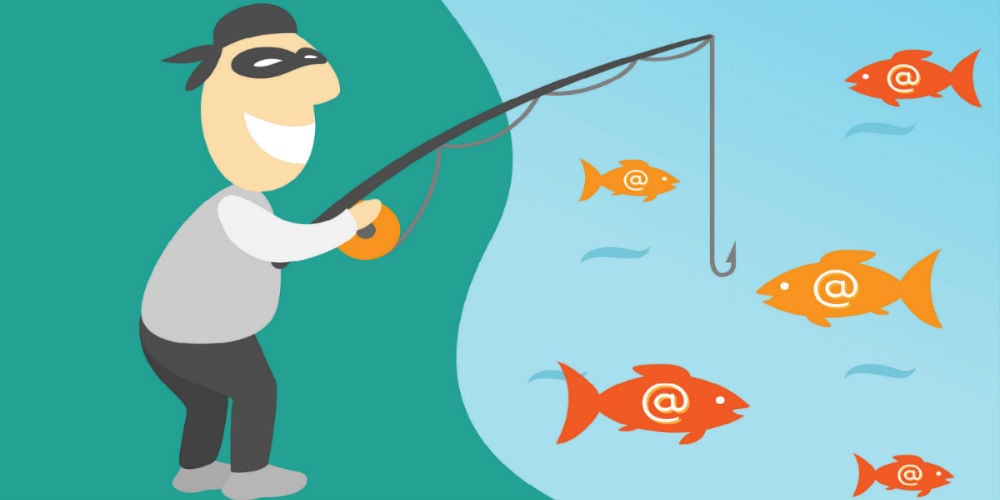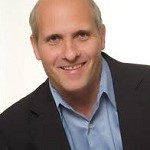Are credit unions phishing for members?

I’ve had a tough time writing a blog for CUInsight this month.
My writer’s block is due largely to the difficult time I’ve had deciding why a new book by George A. Akerlof and Robert J. Shiller, Phishing For Phools, the culmination of a five year collaboration between two of the country’s most prominent economists, bothers me so much.
They are out to show that “free markets make people free to choose, but they also make them free to phish and free to be phished. Ignorance of these truths is a recipe for disaster.” To the authors, policy makers have for too long ignored the consequences of our phishing economy. They contend that the free market equilibrium generates a supply of phishes for any human weakness. “Our real GDP can go up five and a half fold again and then do it again; we will still be in the same predicament.”
On the one hand, it’s ridiculous not to acknowledge that businesses specialize in creating demand for things that a wholly rational population wouldn’t want. (Why else are companies willing to spend billions of dollars on advertising?) Where I part ways with the authors – I’m sure they are devastated – is the degree to which this manipulation fundamentally alters economic realities and that Government can and should guard against the inevitable excesses. In fact, many pernicious implications flow from their assumptions.
Lest you think this is an esoteric tirade, remember that the reason why you are being regulated by the CFPB and the reason why you are implementing radical changes to your mortgage lending procedures is because there are men and women of good will who believe that the mortgage meltdown wouldn’t have happened, or at least wouldn’t have been quite so bad, had the American public been told the facts of financial life before it went on that that fateful date with the unscrupulous mortgage lender out to show it a good time.
I hope they are right. My guess is we have spent a lot of time, effort and money treating a symptom of a disease called “Too Big to Fail.”
Why does their thesis bother me so much? Because it presupposes that a group of elites knows better than the general public what is in the general public’s best interest. For example, some people argue that we should outlaw courtesy pay because a rational person wouldn’t consistently pay a $20 fee to cover the cost of a $5 latte. Really? Some people are willing to pay for the convenience of not balancing their checkbooks. Besides a rational person would gladly pay a $20 fee to keep a mortgage check from bouncing. Are these people being phished or simply making a choice with which some people disagree?
By the way, how are we supposed to determine what people actually need as opposed to what they want? When the IPad came out I wanted one but I certainly didn’t need one. Now a tablet is an essential tool I use on a daily basis. The line between needs and wants isn’t always all that clear After all, when it comes right down to it, all we need is a loin cloth, a cave, a fire, water and some meat. Phishing has played an essential part of human progress since the Stone Age and the result isn’t always bad.
The book demonstrates how behavioral economics, taken to the extreme, becomes a convenient excuse for avoiding difficult questions. How much more comforting it is to think that complicated issues, ranging from surging inequality and the mortgage meltdown to our dysfunctional politics, can be explained away as nothing more than the inevitable byproducts of phishing. The American public is just too gullible to be held accountable for its economic and political choices. But for Phishing it would choose the “right” candidates- presumably the politicians for whom the authors voted.
Nevertheless I’m ambivalent about what the authors and others who have tackled the subject have to say. Credit unions exist and prosper in large part because people feel that they are being phished by commercial lenders. I believe that with its not-for-profit status comes an obligation to go the extra mile to treat people fairly, even if that means making less profit.
But I also believe that the final decision about what products to use and what financing to arrange has to remain with the member. As one of the greatest observers of the American public allegedly said “You can fool all the people some of the time and some of the people all the time, but you cannot fool all the people all the time.” Let’s not work from the assumption that people can’t be trusted to make their own choices and be held accountable for them.
Call me a helpless idealist, but I do think that people, in the aggregate, do a better job of deciding what they need than Government does. Or to paraphrase another one of my political heroes “capitalism is the worst economic system except compared to all others.”

